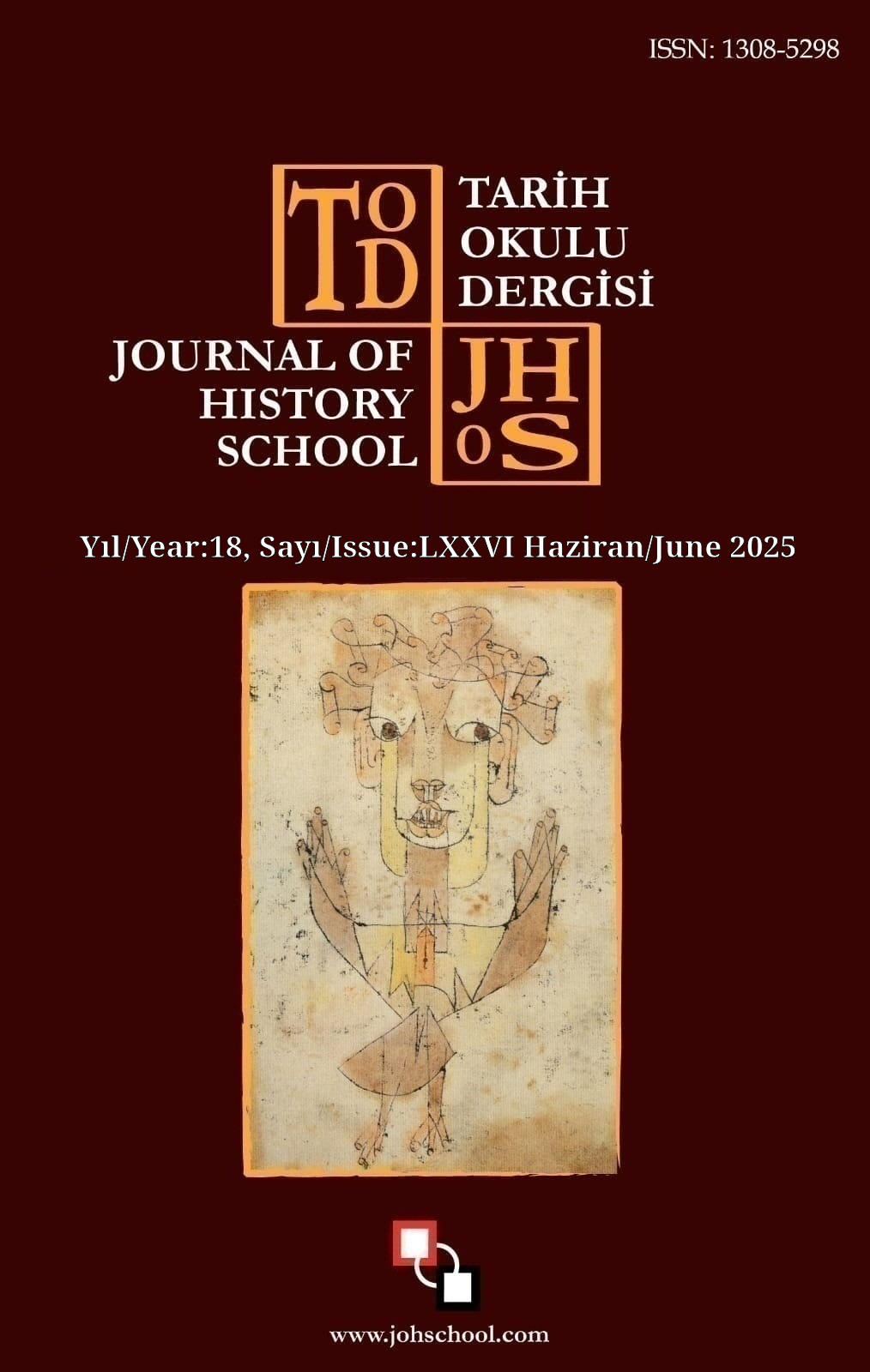HATA VE HİLE KAVRAMI BAĞLAMINDA FİNANSAL TABLOLARIN BAĞIMSIZ DENETİMİNDE FFDS 5 STANDARDI İLE BDS 240 STANDARTLARININ KARŞILAŞTIRILMASI
Author :
Abstract
Bu çalışmada, hata ve hile kavramları Faizsiz Finans Denetim Standardı (FFDS) 5 ve Bağımsız Denetim Standardı (BDS) 240 açısından karşılaştırılmış bu bağlamda bağımsız denetim faaliyeti ve bağımsız denetçinin sorumlulukları üzerinde değerlendirmelerde bulunulmuştur. Çalışmada ilk olarak, hata kavramından ve hata içeren durumlardan bahsedilerek hatanın önlenmesi ve önlenme yöntemlerine ilişkin denetçinin sorumluklarından bahsedilmiştir. Hata kavramı ağırlıklı olarak FFDS 5’de yer aldığından bu standart kapsamında değerlendirmelere yer verilmiştir. Hata ve hile karşılaştırması da yine ilk bölümde yapılmıştır. Çalışmada daha sonra hile kavramından ve hile içeren durumlardan bahsedilerek hilenin önlenmesine ilişkin denetçinin sorumluluklarından bahsedilmiştir. Hile kavramı her iki standartta da yer aldığından iki standart açısından da hile kavramı ele alınmıştır. Çalışmada son olarak hata ve hile kavramlarının FFDS 5 ve BDS 240 açısından karşılaştırmasına yer verilmiştir.
Keywords
Abstract
In this study, the concepts of error and fraud were compared in terms of Interest-Free Finance Auditing Standard (IFFAS) 5 and Independent Auditing Standard (IAS) 240, and in this context, evaluations were made on the independent audit activity and the responsibilities of the independent auditor. In the study, firstly, the concept of error and situations involving errors are mentioned, and the auditor's responsibilities regarding the prevention of errors and prevention methods are mentioned. Since the concept of error is mainly included in IFFAS 5, evaluations are included within the scope of this standard. The comparison between error and cheating is also made in the first section. Later in the study, the concept of fraud and situations involving fraud are mentioned and the responsibilities of the auditor regarding the prevention of fraud are mentioned. Since the concept of fraud is included in both standards, the concept of fraud is discussed in terms of both standards. Finally, the study includes a comparison of the concepts of error and fraud in terms of IFFAS 5 and IAS 240.





